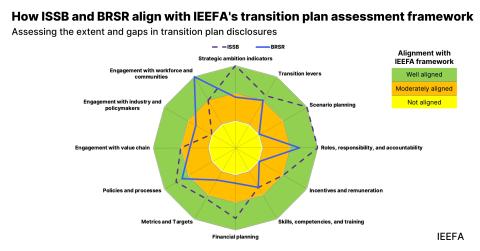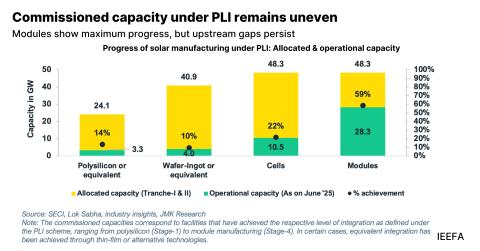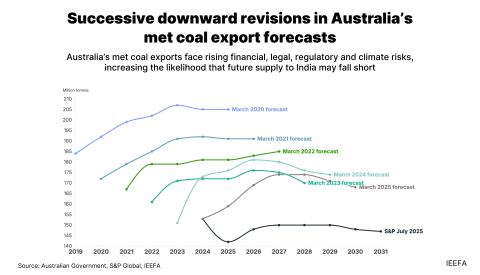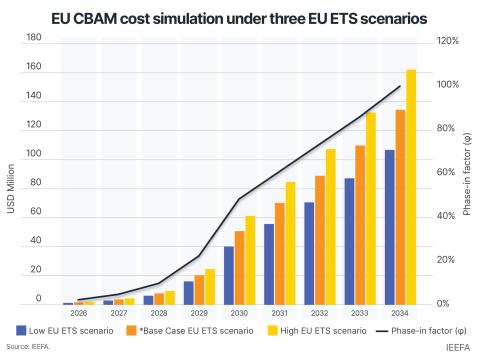ExxonMobil’s prodigal reserves return: Company rebooks 3.2 billion barrels of previously de-booked Canadian oil sands reserves
Download Full Report
View Press Release
Key Findings
Rebooking assets was an extraordinary step, but fits with the company’s current aggressive approach. In 2018, it announced a new oil sands investment, doubled down on its drilling strategy in its capital expenditure plans, and pushed the story that it has mastered low-cost production in this low-price environment.
During 2018, the Securities and Exchange Commission (SEC) dropped its probe into the accounting practices of ExxonMobil’s reserves, which some viewed as a response to the company’s Canadian oil sands write-off.
Executive Summary
ExxonMobil’s recent 10K filing for 2018 shows it has rebooked 3.2 billion barrels of Canadian oil sands reserves. This action increases the company’s worldwide reserves from 21.2 billion barrels in 2017 to 24.3 billion barrels in 2018, a 13% increase. We are skeptical of this action, given its history.
Just over two years ago, ExxonMobil de-booked 3.3 billion barrels of oil sands reserves. The write-off came in the wake of a two-year oil price collapse, declining profits and a weak outlook, particularly for high-cost oil reserves like Canada’s oil sands.
At the time of the write down, the company was under pressure to acknowledge the impact of the oil price decline on its Canadian oil sands reserves. Many companies were acknowledging the value-destroying impact of the low-price environment. Conoco Phillips, Shell, CNOOC (China’s biggest offshore oil and gas producer) and Statoil wrote off its assets in the region.
Up to that point, ExxonMobil had been making the general claim that it did not take impairments based on its view that its investments were structured to take into account wide fluctuations in value during the full life cycle of its product. ExxonMobil, claimed the company, had assumed the worst. So, either ExxonMobil managers were the smartest guys in the industry, or they had adopted an accounting system that was an outlier and could not withstand scrutiny.
By late 2016, the company changed direction and was discussing the likelihood of the de-booking and then, by early 2017, it became official, announced in the company’s 10K. ExxonMobil’s oil sands reserves went from 4.11 billion barrels in 2015 to 436 million in 2016. This action and several other reserve actions during the year brought ExxonMobil’s worldwide total proven reserves from 24.76 billion barrels in 2015 to 19.97 billion barrels in 2016, a 20% decline.
At that time, the company stated the move was a means of complying with the SEC’s technical rules, which required it to acknowledge the low-price environment, while noting it still believed the reserves were economically extractable and thus subject to rebooking.
Press release: IEEFA update: ExxonMobil rebooking Canadian oil sands reserves
Please view full report PDF for references and sources.















